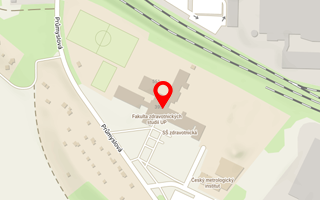Publikace detail
Faecal immunochemical screening tests for colorectal cancer: a single-centre case study from the Czech Republic
Autoři:
Pospíchal Jan | Blanař Vít
Rok: 2016
Druh publikace: článek v odborném periodiku
Název zdroje: Malta Journal of Health Sciences
Strana od-do: 46-51
